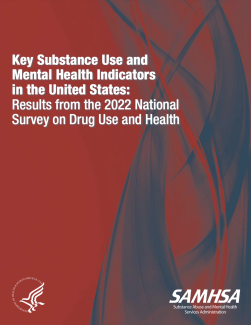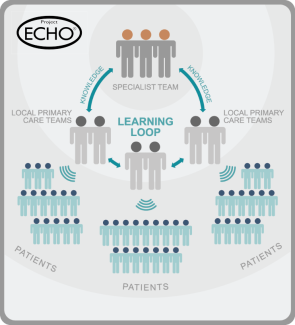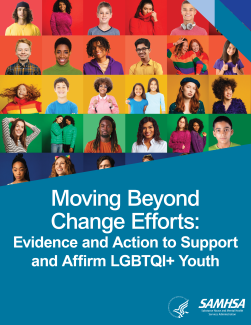Background
Lesbian, gay, bisexual, transgender, queer, and other LGBTQ populations (LGBTQ+; e.g., asexual individuals) have higher rates of substance use (SU) and disorders (SUD) compared to heterosexual and cisgender populations. Such disparities can be attributed to minority stress, including stigma and discrimination in healthcare settings. LGBTQ+-affirming SU treatment and related services remain limited. The purpose of this exploratory qualitative descriptive study was to characterise LGBTQ+ people’s experiences in SU services and recommendations for LGBTQ+- affirming care.
Methods
We...


